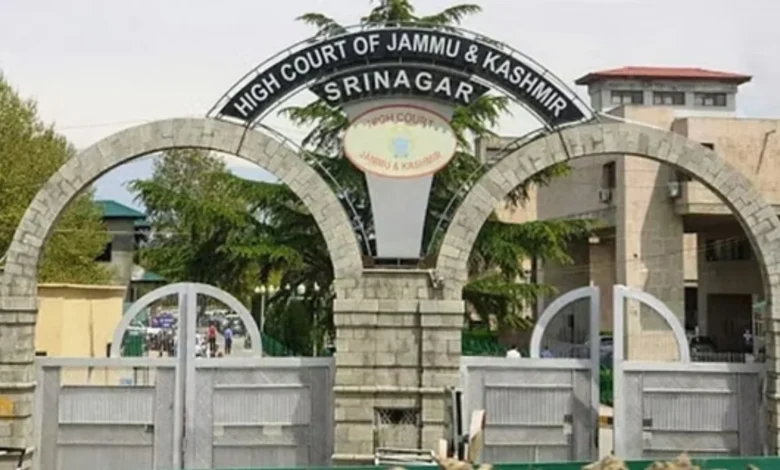Employees mistakenly paid higher salary cannot continue to receive Extra Pay

In a recent judgment, the Jammu and Kashmir High Court ruled that employees who were mistakenly granted a higher salary cannot continue to receive the extra pay, even though no fraud was involved in the error. The court emphasized that while the extra salary cannot be recovered from the employees, they also cannot keep the erroneous benefit.
Background of the Case
The petitioners, who were previously daily wage workers in the Public Health Engineering (PHE) Department (now known as the Jal Shakti Department), had their salaries increased from a pay scale of Rs. 750–940 to a higher scale of Rs. 950–1500. This change was made based on departmental circulars and was supposed to be in effect from April 1, 1998, for calculation purposes, and from July 1, 2015, for actual payments.
However, in 2021, the government decided to withdraw the higher pay scale, stating that it was granted based on a rule (SRO 59 of 1990) which was withdrawn in 1996. As a result, the government began to recover the extra pay already given to the employees.
Court’s Ruling
The petitioners argued that they should not be asked to return the extra pay because they had received it without any fraud or misrepresentation. They contended that since there was no intention to deceive, the government should not be allowed to lower their pay scale or recover the amount paid in error.
Justice Sanjeev Kumar and Justice Puneet Gupta, who presided over the case, agreed with the petitioners’ argument that the salary excess could not be recovered because there was no fraud involved. However, they also stated that the government had the right to correct the pay scale error after the mistaken higher pay was given.
The court explained that although the employees should not be asked to return the extra pay, the government could still adjust their salaries to the correct amount. This was because the extra salary had been given by mistake, and it was lawful for the government to correct such errors.
Key Points in the Court’s Decision
- Mistake of Fact: The court noted that the extra pay was given due to a mistake of fact. The employees had not claimed any entitlement under the now-withdrawn SRO 59 of 1990, nor had they challenged the withdrawal of this rule. Therefore, it was a genuine error that the government was allowed to fix.
- Refixation of Pay: The court agreed with the Tribunal’s decision to allow the refixation of pay, but they did not agree with the recovery of the extra amount. The court highlighted that the recovery of pay, especially from employees nearing retirement, would violate the principles outlined in a previous Supreme Court ruling (Rafiq Masih case).
- Government’s Right to Correct Mistakes: While the court allowed the government to correct the pay mistake, it also emphasized that such corrections should be made without causing unnecessary hardship to the employees.
Conclusion
In this case, the Jammu and Kashmir High Court upheld the Tribunal’s decision to allow the refixation of the higher salary, but it barred the recovery of any payments already made to the employees. The ruling shows that public employers have the right to correct errors in pay but must do so in a way that is fair to the employees and does not cause undue hardship.
This decision has significant implications for employees who may have been granted benefits or pay increases due to administrative errors. It makes it clear that while mistakes can be corrected, the recovery of money already paid cannot be pursued in a way that negatively impacts the employees, especially those nearing retirement.
